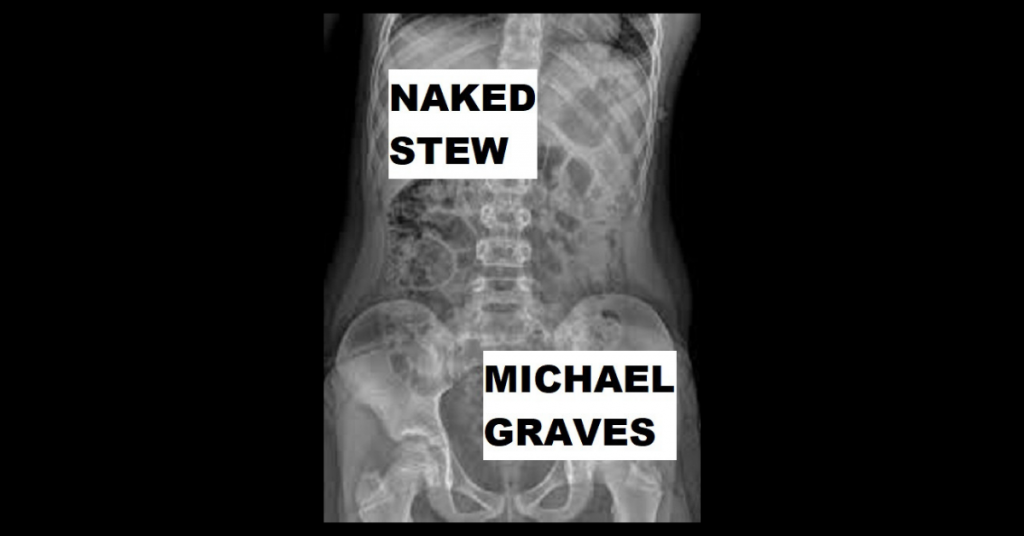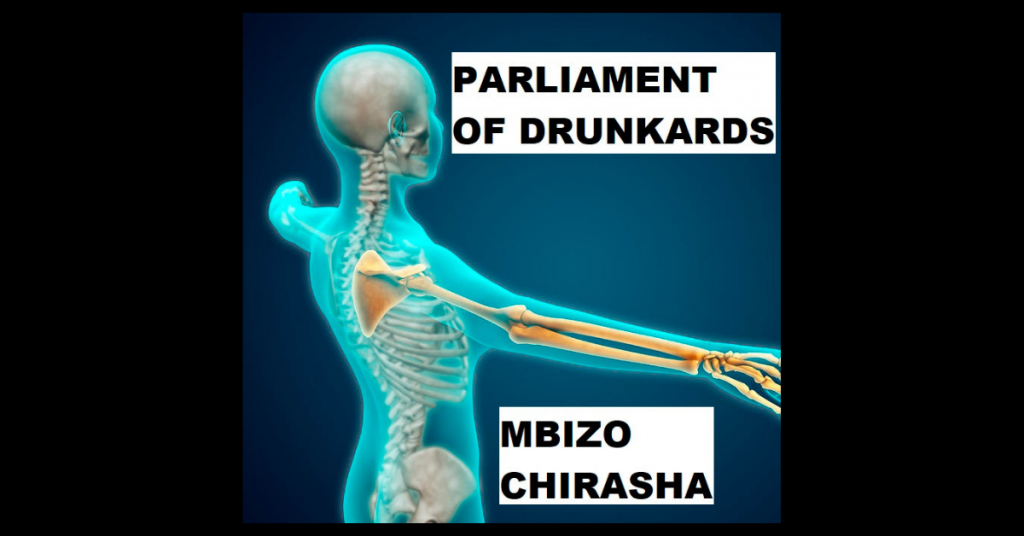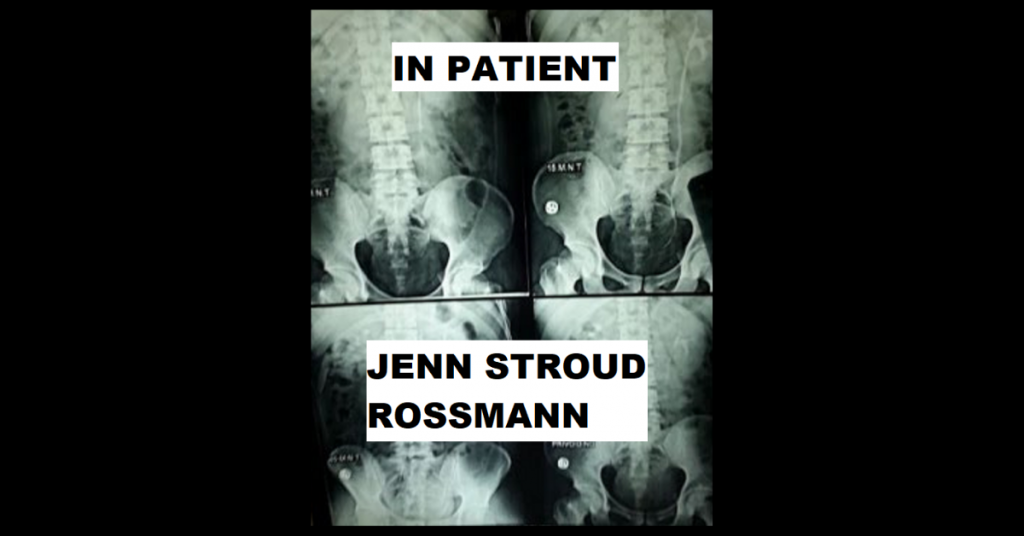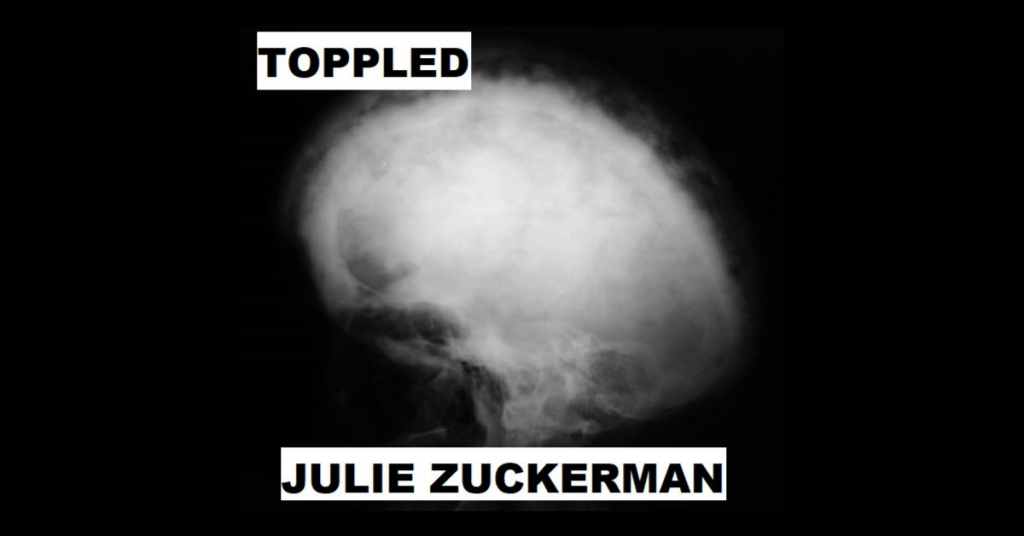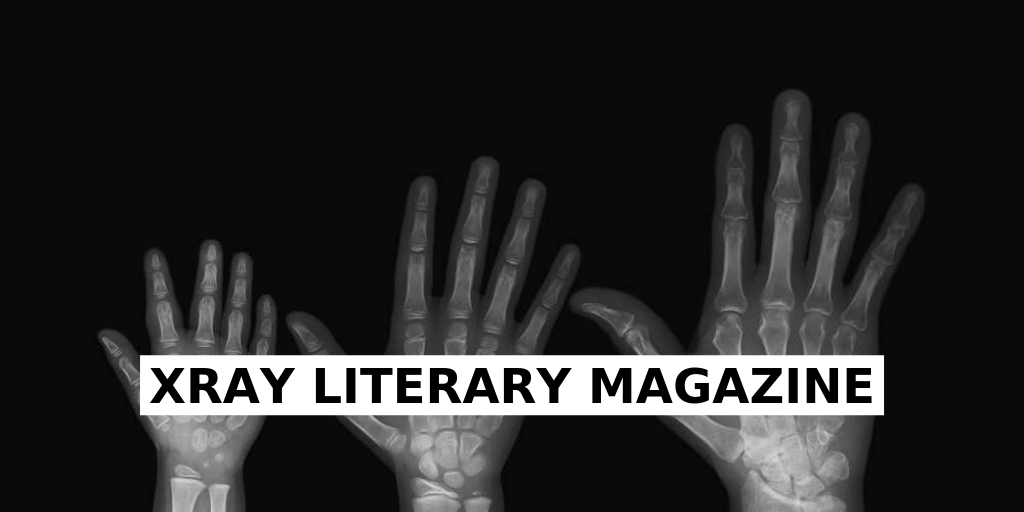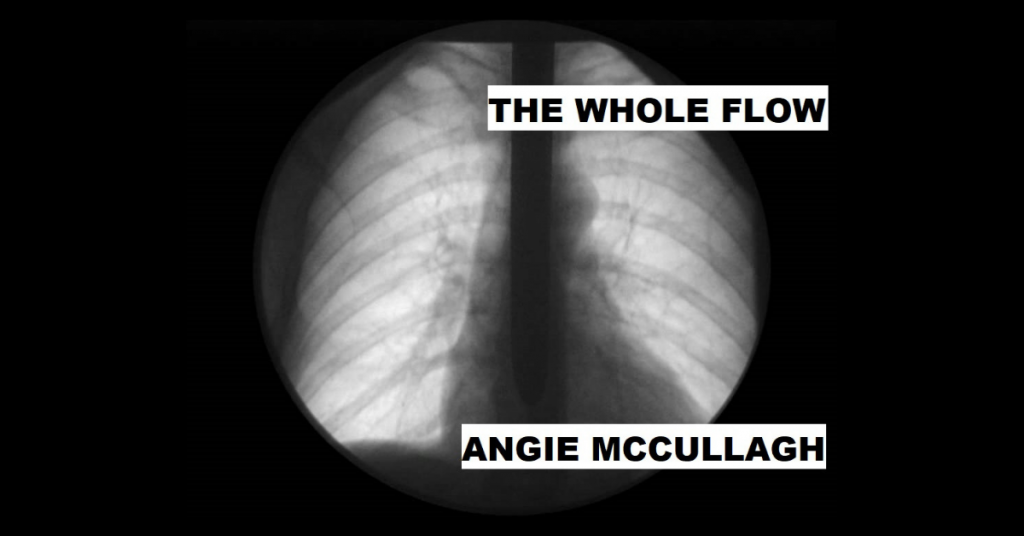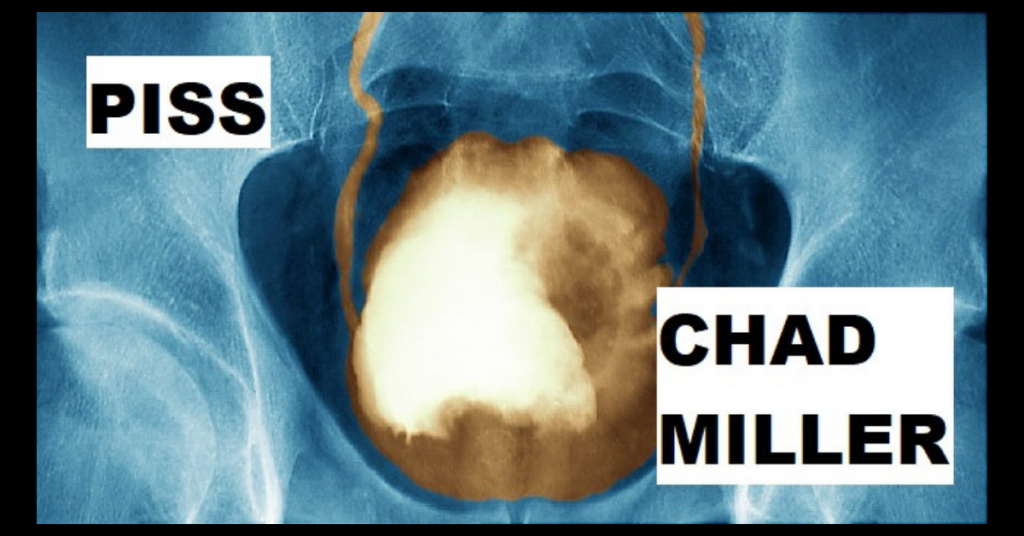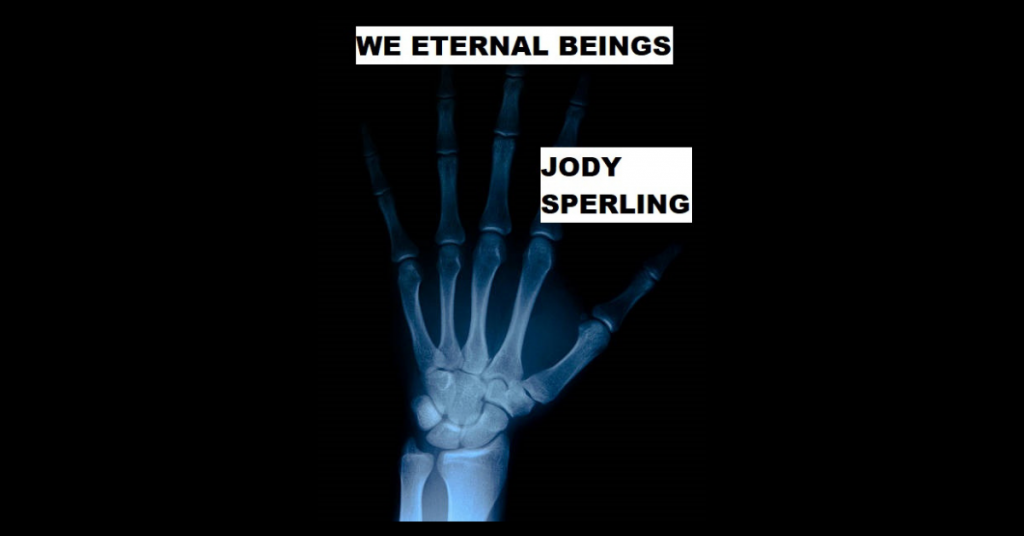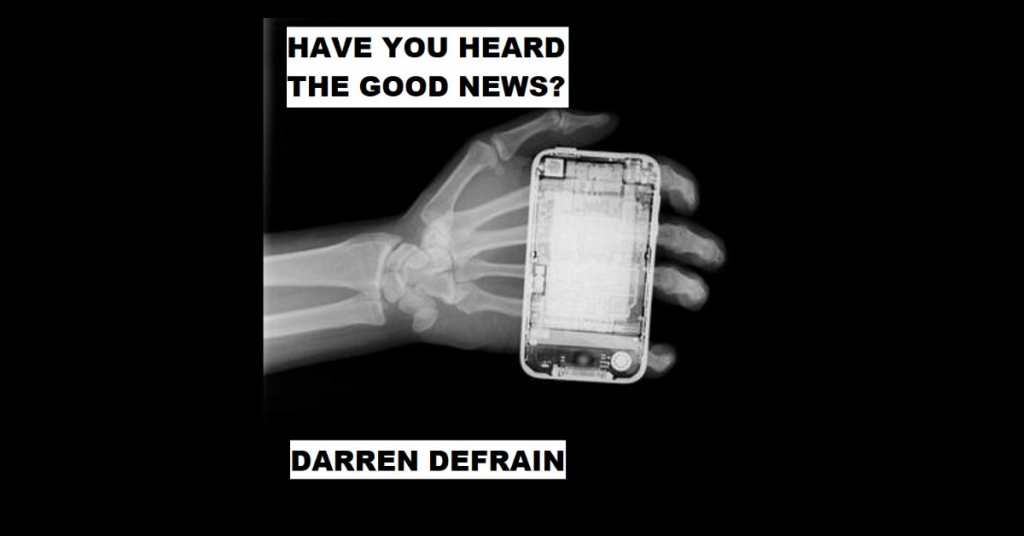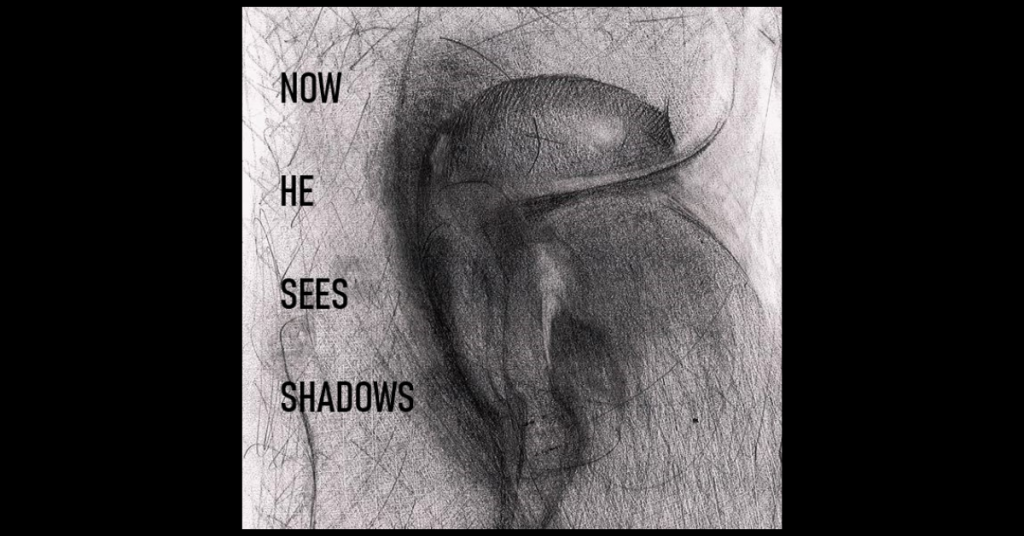
NOW HE SEES SHADOWS by Gregg Williard
“Painting has been real eye opening for me. I mean, now I see shadows.” -George W. Bush I wanted to serve as an advisor to President Bush and his cabinet. I was 60 and had no qualifications. It would have taken years to move through academia and politics before I had even a remote chance of gaining access, so I decided to go the military route. I’d become a soldier. A soldier of art. When I reached the president and the cabinet all I wanted was to show them a bunch of my favorite books, movies, music and art and…

